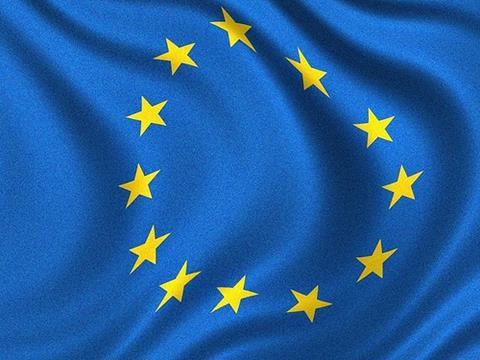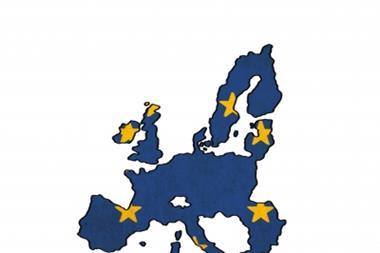Texts set out binding commitments the EU wants to see in respect of regulatory and rules issues

The European Commission has published texts setting out EU proposals for legal text in the Transatlantic Trade and Investment Partnership (TTIP) it is negotiating with the US. This is the first time the Commission has made public such proposals in bilateral trade talks.
The so-called ‘textual proposals’ set out the EU’s proposals for legal text that has been tabled in the proposed TTIP. They set out actual language and binding commitments that the EU would like to see in the parts of the agreement covering regulatory and rules issues. The eight EU textual proposals cover competition, food safety and animal and plant health, customs issues, technical barriers to trade, SMEs, and government-to-government dispute settlement (GGDS, not to be confused with ISDS). The Commission has also published TTIP position papers explaining the EU’s approach on engineering, vehicles, and sustainable development, bringing the total number of position papers it has made public up to 15.
A ‘Reader’s Guide’ has also been published, explaining what each text means. It is also issuing a glossary of terms and acronyms, and a series of factsheets setting out what is at stake in each chapter of TTIP and what the EU’s aims are in each area.
Although today’s publication is the first time the Commission has published specific EU legal proposals while negotiating a bilateral trade agreement, it has already posted numerous documents online setting out its position in TTIP on a wide range of issues. In line with its determination to make EU trade policy more transparent, the Commission intends to publish further texts and proposals in the course of the negotiations, as they become available.
In November 2014, the Commission had undertaken to:
- make public more TTIP EU negotiating texts that it shares with member states and the European parliament;
- provide access to the EU’s TTIP negotiating texts to all members of the European parliament (MEPs), not only a select few, by extending access to EU restricted documents in a ‘reading room’ to those MEPs who had no access to such restricted documents so far;
- classify fewer TTIP negotiating documents as ‘EU restricted’, thus making them more easily accessible to MEPs outside the reading room;
- publish and update on a regular basis a public list of TTIP documents shared with the European parliament and the council.
- publish information about who meets its political leaders and senior officials.
The 12 position papers already published cover financial services, public procurement, regulatory coherence, technical barriers to trade, food safety and animal and plant health, chemicals, cosmetics, pharmaceuticals, textiles, vehicles, sustainable development, and energy and raw materials.




















No comments yet